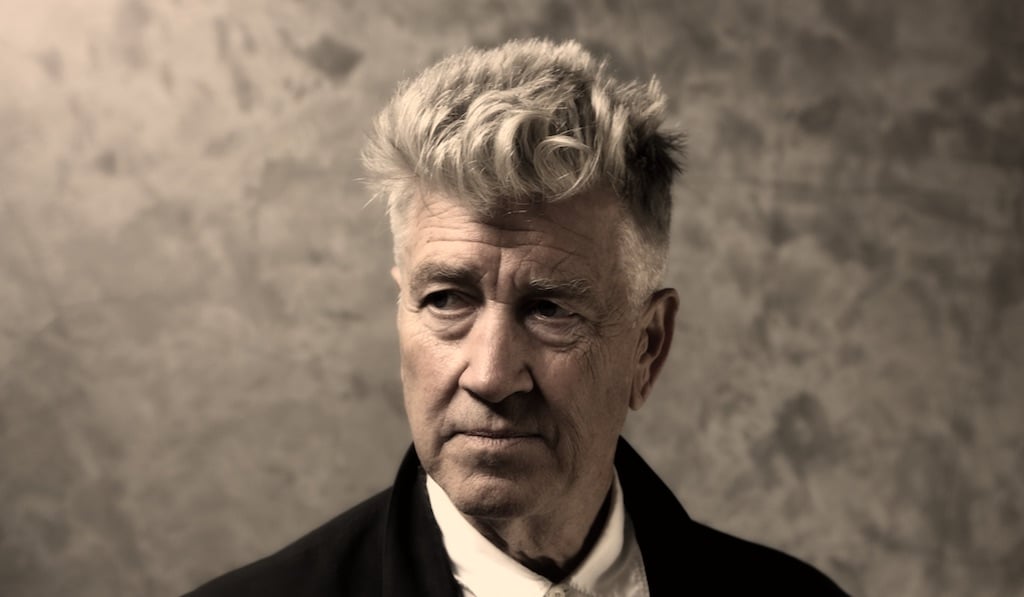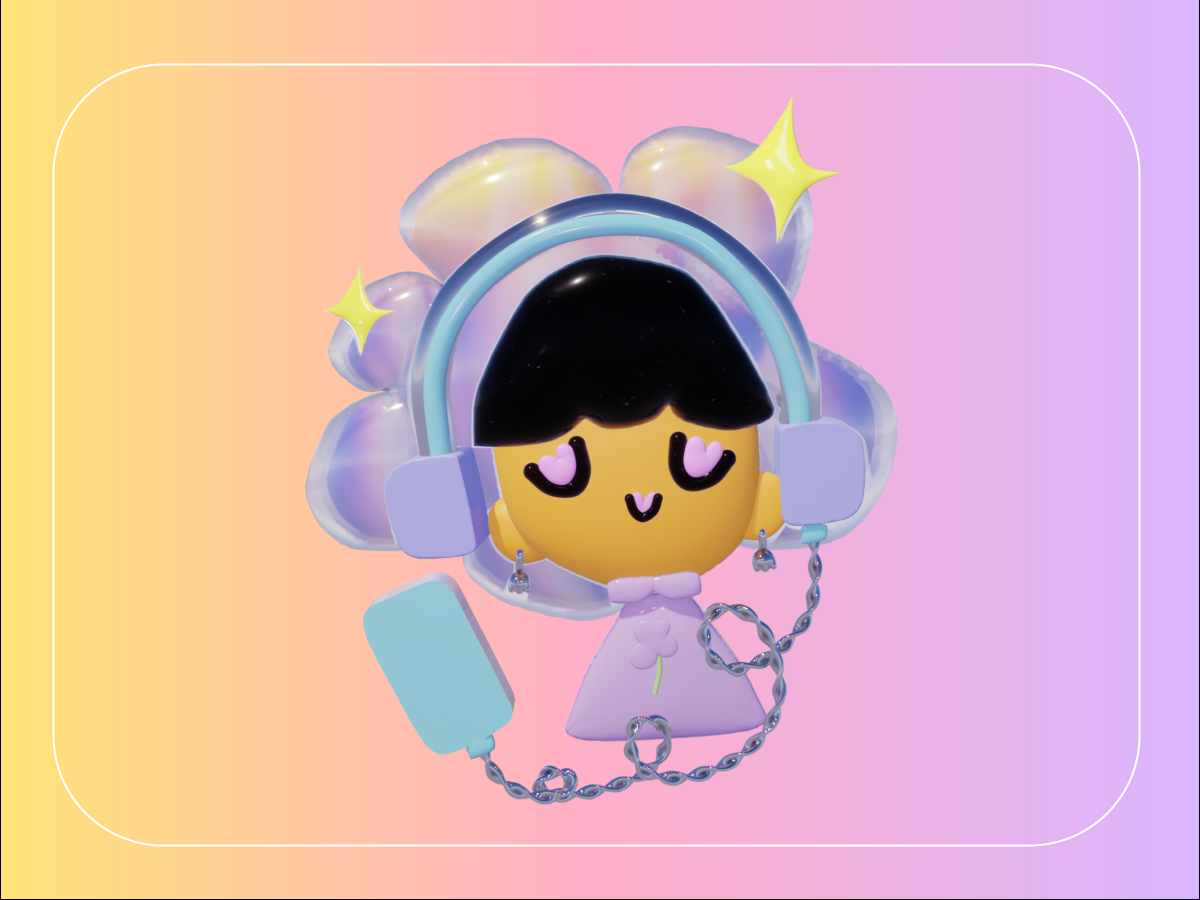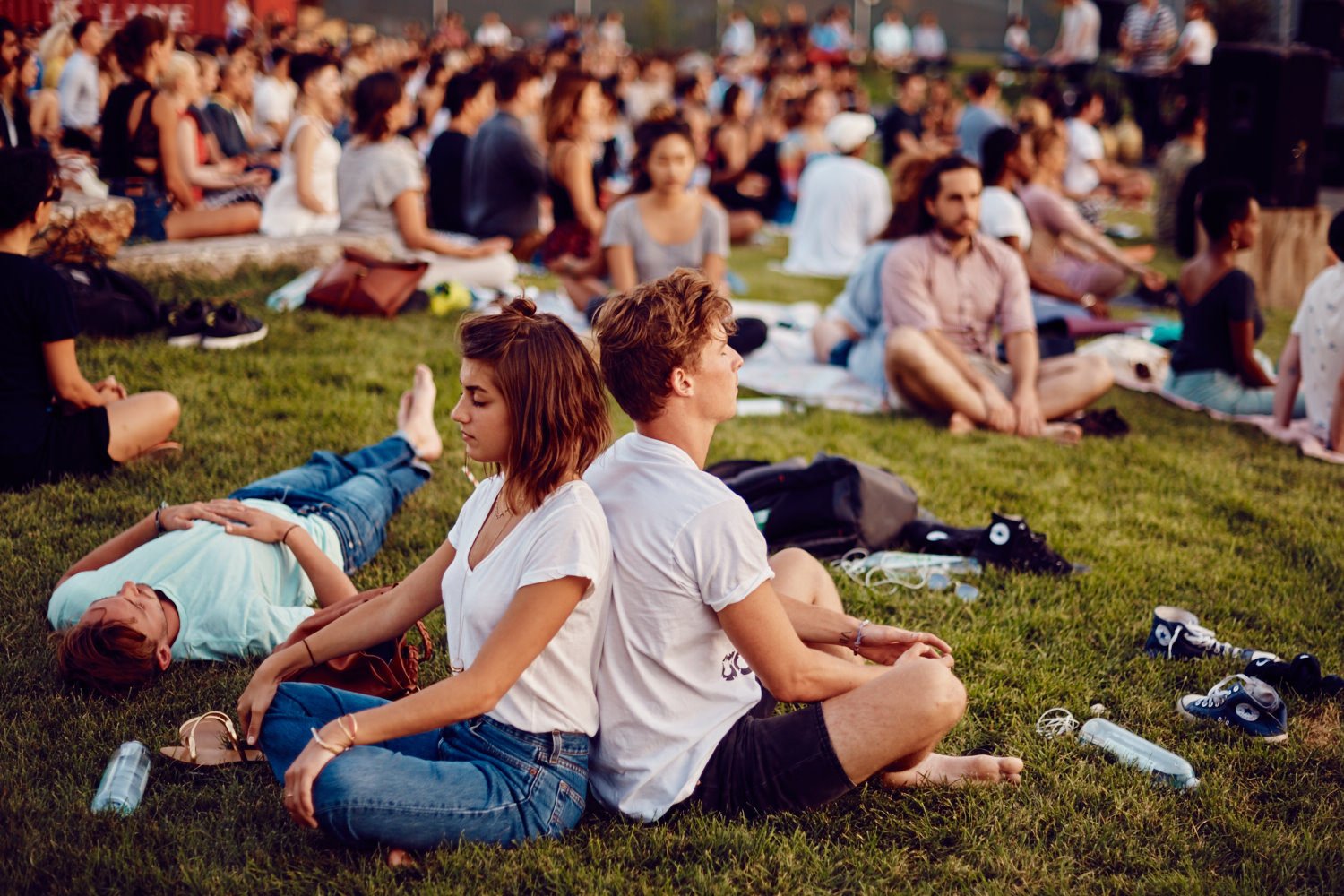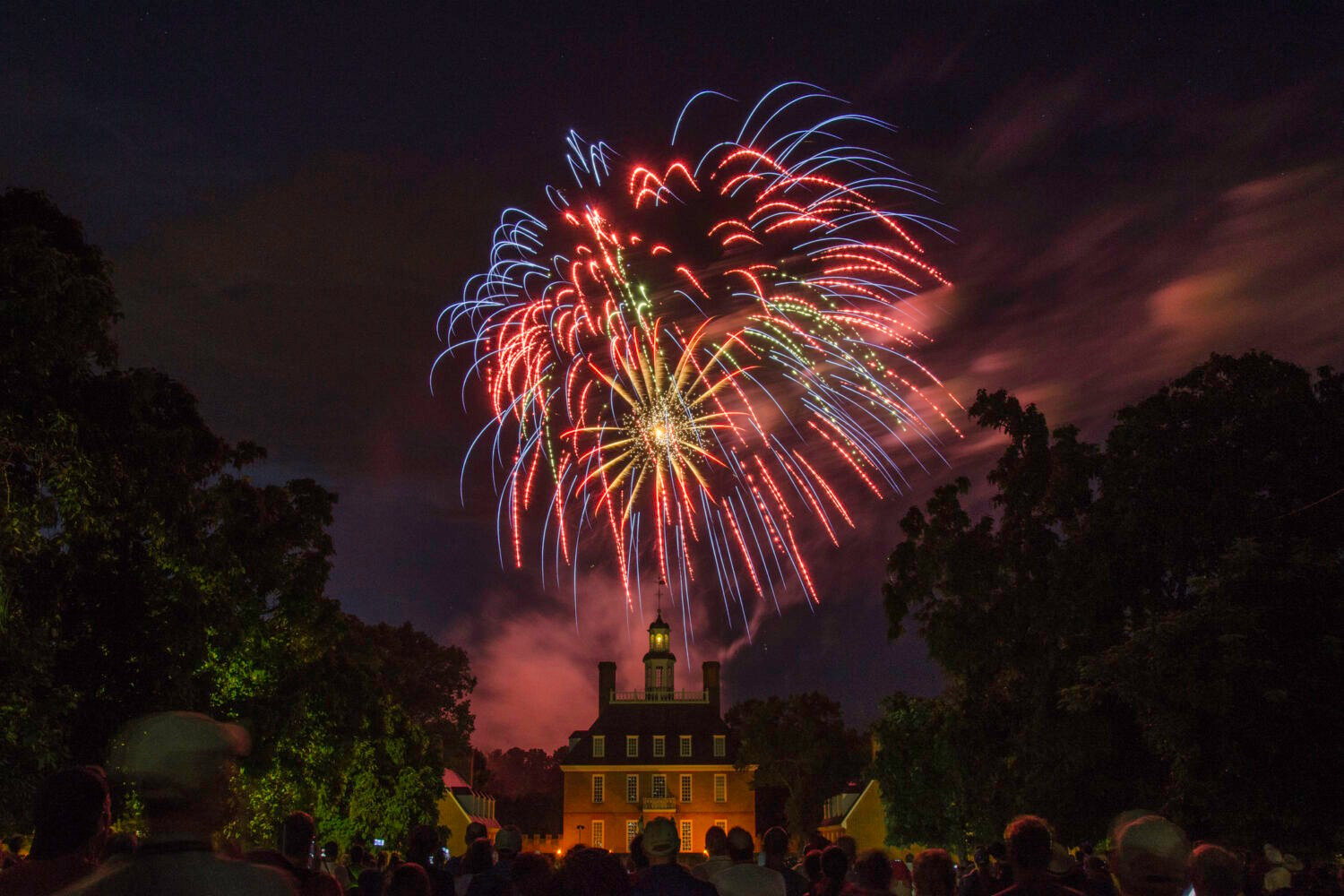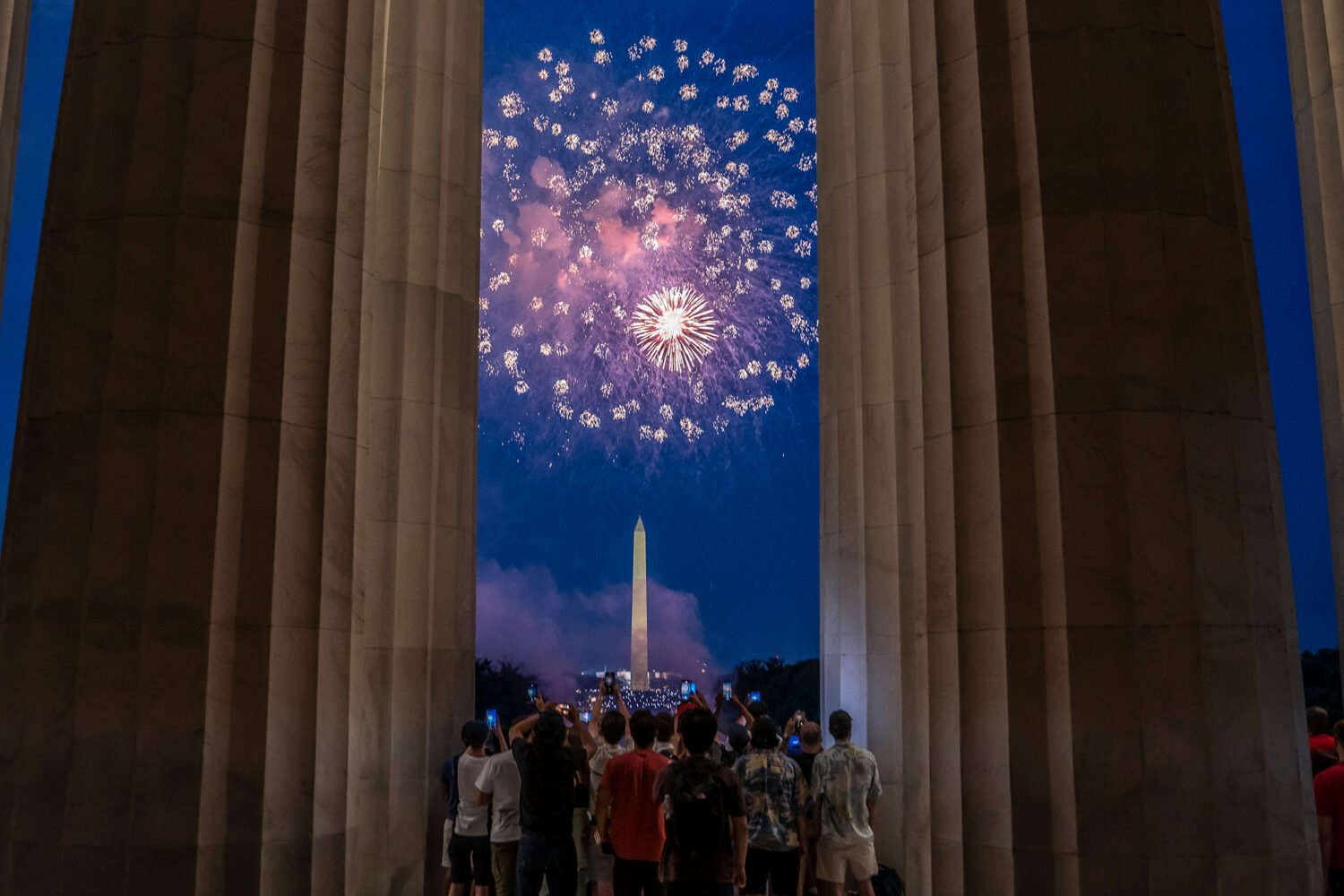David Lynch may be busy with his Twin Peaks revival on Showtime, but he’s still devoted to his cause: teaching Transcendental Meditation. Since starting the David Lynch Foundation in 2005, he’s been dedicated to spreading the meditation technique, one that he himself has been practicing since the ’70s, throughout the world. On Monday, Lynch and his foundation will present A National Night of Laughter & Song, a star-studded event to benefit local veterans and at-risk youth. Lynch spoke with Washingtonian about how transcendental meditation has changed his life and how he hopes it will change others.
Why did you originally start the David Lynch Foundation?
The David Lynch Foundation was created to get Transcendental Meditation, as taught by Maharishi Mahesh Yogi, to anyone in the world who wants it. We want to end torment, suffering, and negativity, and bring happiness, creativity, love, energy, and inner-peace to people everywhere.
How has practicing Transcendental Meditation changed your life?
Even more than you could imagine winning a trillion-dollar mega jackpot.
Why has this cause been so important to you?
Because I know what transcending everyday has done for me, and I would like to see others enjoy the same thing.
How did the idea for the event A National Night of Laughter & Song come about, and how did you manage to round up these celebrities to participate?
Jerry Seinfeld, Hugh Jackman, Katie Couric, Jay Leno, and the others are strong supporters of the work of the David Lynch Foundation. Many of them have participated in similar benefit concerts at Radio City and Carnegie Hall in New York City. There was a consensus among them that now would be a good time raise the awareness of the benefits of this evidence-based, stress-reducing meditation technique to the leaders of the nation. The response, to date, has been terrific.
What do you hope this event will achieve?
Our goals are both educational and philanthropic. We hope the event will clarify for people that TM can play an important role in healing trauma and stress, not only in underserved populations, but for all of us. We also hope the event will raise the funds necessary so that we can begin offering the meditation to thousands of young people and adults in the District who would like to learn to meditate, at no cost. I believe the proceeds from the event will go to 10,000 veterans and at-risk youth in DC to meditate.
How and why do you think meditation will change their lives?
Transcendental Meditation gets rid of post traumatic stress and torment the same way that light gets rid of darkness. It’s time people know about this life saving and life enriching technique.
Why did you choose DC for this event?
Many thousands of people have learned Transcendental Meditation in Washington, DC, so there is a lot of support from government and community leaders for our work with veterans, at-risk youth, and abused women and children. We chose Washington so we could begin teaching thousands of young people to meditate throughout the greater Washington area. We have set the same goal for New York City, Philadelphia, Chicago, LA—in every city in the country.
Can you talk a bit about the new centers you’re opening on Capitol Hill?
There are already several nonprofit TM centers in the area, including in the District, Alexandria and Rockville. The Capitol Hill facility will be a coordinating office for our work throughout the region as well as an educational center for leaders to find out more about the research and application of our programs.
Why did you decide on Capitol Hill as the place to open them?
We live in an epidemic of trauma and stress, and nowhere is that more apparent than for the dedicated men and women who are working every day to keep our government running. A convenient location to allow these leaders to find out more about meditation and its potential usefulness to address these problems seemed both timely and right.

